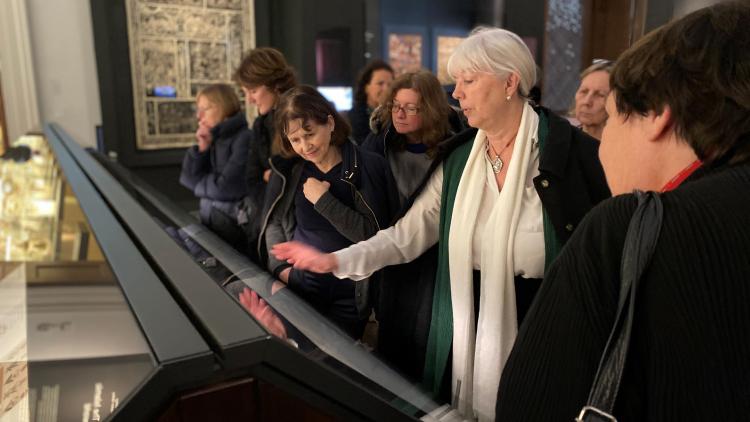Oskar Lange and Michal Kalecki: Markets and economic policy in China's industrialisation strategy


Project information
Overview
Twentieth century economics may be said to be summarised in the work of Oskar Lange (1905-1965) and Michal Kalecki (1899–1970), with roots in classical and Marxist political economy who between them pioneered the three (or four) revolutions in the economic theory of the twentieth century: the Keynesian Revolution; formalism in economics, and information-theoretic macroeconomics.
Their socialism and interest in development economics makes their political economy particularly appropriate for the understanding of China's industrialisation strategy. The contrast between the two theorists emerged most sharply in their clash over economic reform in socialism in the mid-1950s, disputing the role of market forces in socialist industrialisation. This project examines the theoretical structure of their respective approaches to markets and planning, the policy implications of the respective approaches, and how the two approaches have been tested in Chinese industrialisation in recent decades.
The total value of this project is £29,975, spread over 30 months from 1 January 2021. Most of this will go towards occasional research assistance from one or more research students at SOAS, and the rest for archival research in the United States and Poland.
The Principal Investigator, Professor Jan Toporowski, is probably best known for his intellectual biography of Michal Kalecki. He currently holds a Leverhulme Major Award to write an intellectual biography of Oskar Lange.


